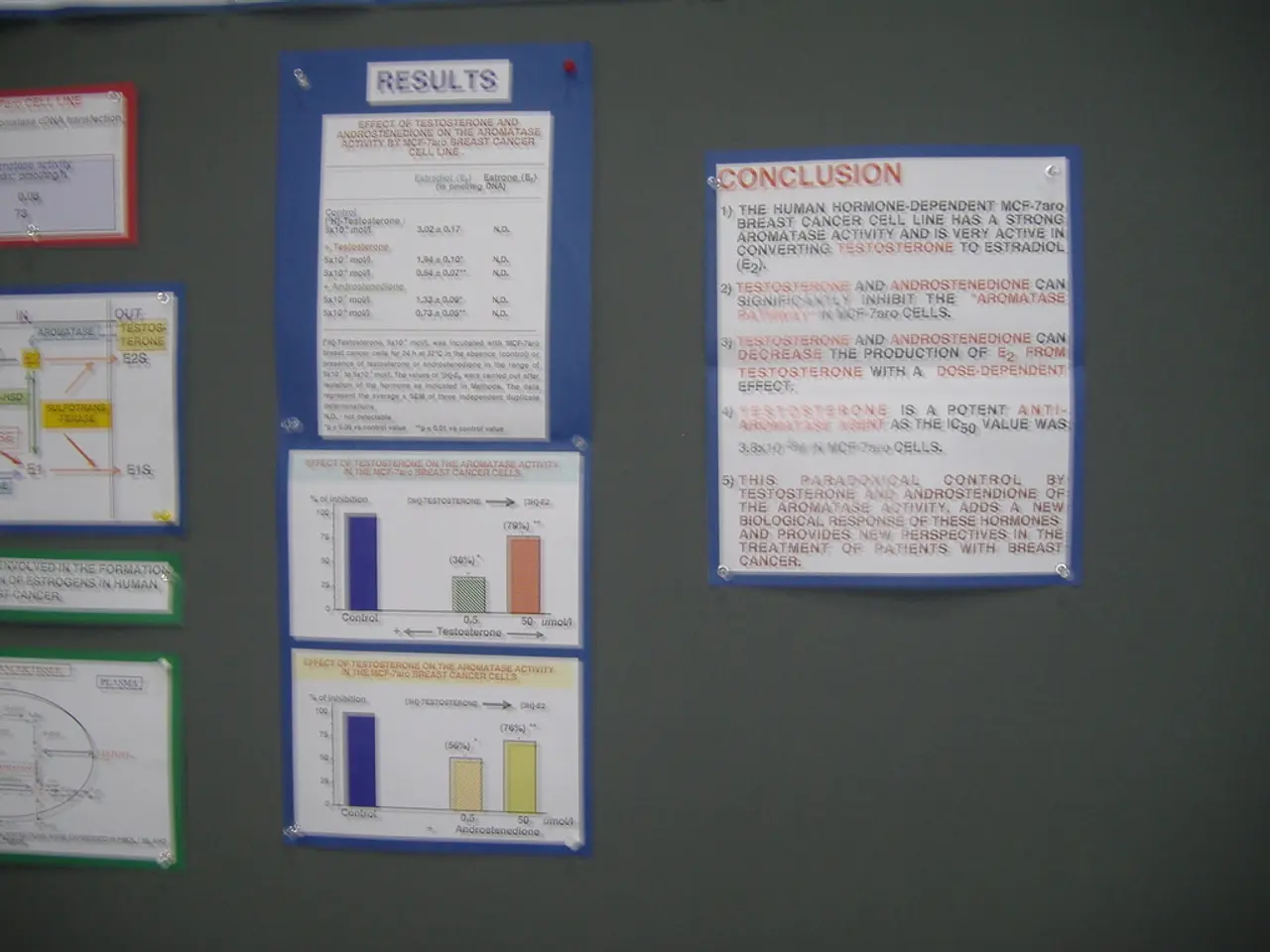Be Aware of Phony Tax Statements - Identifying Deceptive Tax Documents
Caution Advised when Receiving Tax Notices: Recognizing Phishing Scams
As tax return seasons approach, it's essential to be vigilant about potential fraudulent activity, particularly phishing scams. Here's what consumers should know to identify and avoid such scams.
Currently, fake tax letters, allegedly from the Federal Central Tax Office, are circulating. These letters demand improbable late fees for supposedly missed tax returns, while requiring immediate payment within a two-day deadline.
To help expose the fraud, the Tax Assistance Bayern (Lohi) provides the following tips:
- Check for Inconsistencies: Although the letters may initially appear genuine, closer inspection may reveal discrepancies. For instance, different dates on various pages and inconsistent sender's fields or footnotes.
- Personal Greeting: Tax notices typically address the recipient by name. However, these fraudulent letters often begin with "Dear Taxpayer."
- Unexpected Responsibility: The local tax office is responsible for tax returns, not the Federal Central Tax Office as stated in these scam letters.
- Foreign Account Details: German authorities do not hold accounts abroad. Yet, the account details on the letters usually start with "ES" for Spain, while a German IBAN would start with "DE."
If no inconsistencies are found following these four steps, contact your local tax office to confirm if there is a genuine claim against you. Verify the number online or use the one on your latest tax notice.
Keep these tips in mind to avoid becoming a victim of phishing scams and protect your personal and financial information. For further information on IRS scams and fraud alerts, visit their official website. If you're unsure about a notice or communication, consult a tax professional or contact the IRS directly.
In the context of recognizing phishing scams during tax return seasons, it's crucial to remember that community policy and general-news may provide updates on ongoing fraudulent activities such as the current ones involving fake tax letters from the Federal Central Tax Office. Furthermore, finance and business sectors may report on the impact of crime-and-justice incidents like these phishing scams on individuals and the economy.




